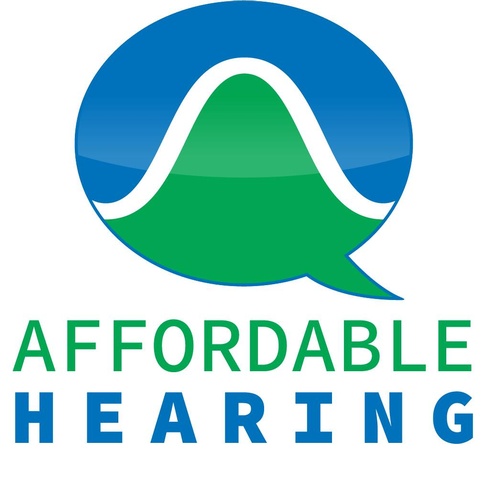
Today, I want to talk about hearing aids. Have you ever heard of someone wearing a little device in their ear to help them hear better? That's a hearing aid! But did you know there are two different types of hearing aids? Yes, that's right! There are Over The Counter (OTC) hearing aids and Prescription hearing aids.
But what’s the differences???
Let's start with OTC hearing aids. OTC hearing aids are the type of hearing aids you can buy without a prescription from a doctor or a hearing specialist. They are usually a little less expensive and easier to get because you don't need to go to the doctor first. Just like you can buy glasses without a prescription, you can buy OTC hearing aids without one too.
Now, let's talk about Prescription hearing aids. These are the type of hearing aids that you need a prescription from a doctor or a hearing specialist to buy. This is because prescription hearing aids are more powerful and can help with more serious hearing problems. They are also custom-fit and programmed to your ear and your specific prescription of hearing loss, so they are more comfortable and work better for you.
So, what are the differences between OTC and Prescription hearing aids? Well, for starters, OTC hearing aids are designed for someone with a ‘perceived’ mild to moderate hearing loss and are less powerful than prescription hearing aids. They are also a little less expensive and don't need a prescription, which is why some people choose them. But, if you have a more serious hearing problem, struggle to understand in group settings and in background noise, than an OTC hearing aid might not be strong enough to help you hear properly. That's why prescription hearing aids are a better choice in that case.
Another difference is the level of customization. OTC hearing aids are not customized to your ear or your specific type and degree of hearing loss. They come in different sizes, but they might not fit your ear perfectly. This can make them uncomfortable to wear, and they might not work as well as they should. There is also no state mandated return period and you have no one to help you when you have trouble. On the other hand, prescription hearing aids are custom-fit to your ear and custom programmed to your individual needs. This means they are made to fit your ear perfectly and are much more comfortable to wear.
Prescription hearing aids also have more features and settings than OTC hearing aids. This allows you to adjust the hearing aid to your specific needs. For example, if you have trouble hearing in noisy places, a prescription hearing aid can be set to help you hear better in those situations. OTC hearing aids don't have these extra features and settings.
Another important difference is the level of support you receive. When you buy an OTC hearing aid, you are basically on your own. If you have trouble using it or if it's not working properly, you may not be able to get the help you need. On the other hand, if you buy a prescription hearing aid, you will have the support of a hearing specialist. They can help you adjust the hearing aid and make sure it's working properly. They can also help you if you have any questions or concerns. Many people are unaware that hearing aids need to be maintained since they are exposed to the elements and to heat, perspiration, dirt, dust and cold. Having your hearing aids cleaned and professionally serviced on a regular basis ensures not only that they are working properly but also helps to extend the longevity and life of the hearing aids. The average life of a hearing aid ranges between 5-7 years, when properly cared for and maintained.
So, which one is better? It really depends on your specific needs. If you have a mild hearing problem and just need a little extra help, an OTC hearing aid might be a good choice. But, if you have a more serious hearing problem, a prescription hearing aid is probably a better choice. It's more powerful, custom-fit to your ear, and comes with the support of a hearing specialist.
In conclusion, there are two types of hearing aids: OTC hearing aids and Prescription hearing aids. OTC hearing aids may be a little less expensive and easier to get, but they are less powerful and not custom-fit to your ear. Prescription hearing aids are more powerful, custom-fit to your ear, and come with the support of a hearing specialist. Which one is better for you depends on your specific needs, so it's important to talk to a doctor or hearing specialist to determine what type of hearing aid would be best for you.
Remember, taking care of your hearing is important. If you have trouble hearing, don't ignore it! Talk to a doctor or hearing specialist to find out if a hearing aid could help you. With the right hearing aid, you can enjoy all the sounds of the world again!
In summary, the differences between OTC and Prescription hearing aids are:
1. Power: Prescription hearing aids are more powerful than OTC hearing aids.
2. Customization: Prescription hearing aids are custom-fit to your ear, while OTC hearing aids are not.
3. Features: Prescription hearing aids have more features and settings than OTC hearing aids.
4. Support: When you buy a prescription hearing aid, you have the support of a hearing specialist.
If you or someone you know has trouble hearing, don't hesitate to talk to a doctor or hearing specialist. With the right hearing aid, you can enjoy all the sounds of the world again!






